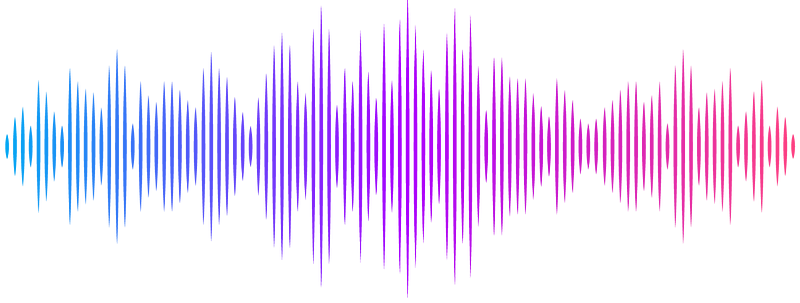Experimental galactose-1 phosphate uridylyltransferase (GALT) mRNA therapy improves motor-related phenotypes in a mouse model of Classic Galactosemia

Experimental galactose-1 phosphate uridylyltransferase (GALT) mRNA therapy improves motor-related phenotypes in a mouse model of Classic Galactosemia
Bellagamba, O. S.; Guo, A.; Yan, X.; Sarkis, J.; Balakrishan, B.; Lai, K.
AbstractDespite life-saving newborn screening programs and a life-long galactose-restricted diet, many patients with Classic Galactosemia continue to develop long-term debilitating neurological deficits, speech dyspraxia, and primary ovarian insufficiency (POI). Earlier, we showed that administration of an experimental human GALT mRNA predominantly expressed in the liver of the GalT gene-trapped mouse model augmented the expression of hepatic GALT activity, which reduced build-up of galactose and its toxic metabolites not only in the liver, but also in the peripheral tissues. Moreover, we showed that administration of GALT mRNA in the mutant mice restored whole-body galactose oxidation (WBGO), a functional biomarker. In this study, we extended our proof-of-concept (POC) efficacy studies to a disease-relevant phenotype, motor impairment. We found that a biweekly dosing regimen at 2mg/kg for 2 months could improve the motor performance of the animals in Rotarod and Composite Phenotype Scoring tests.